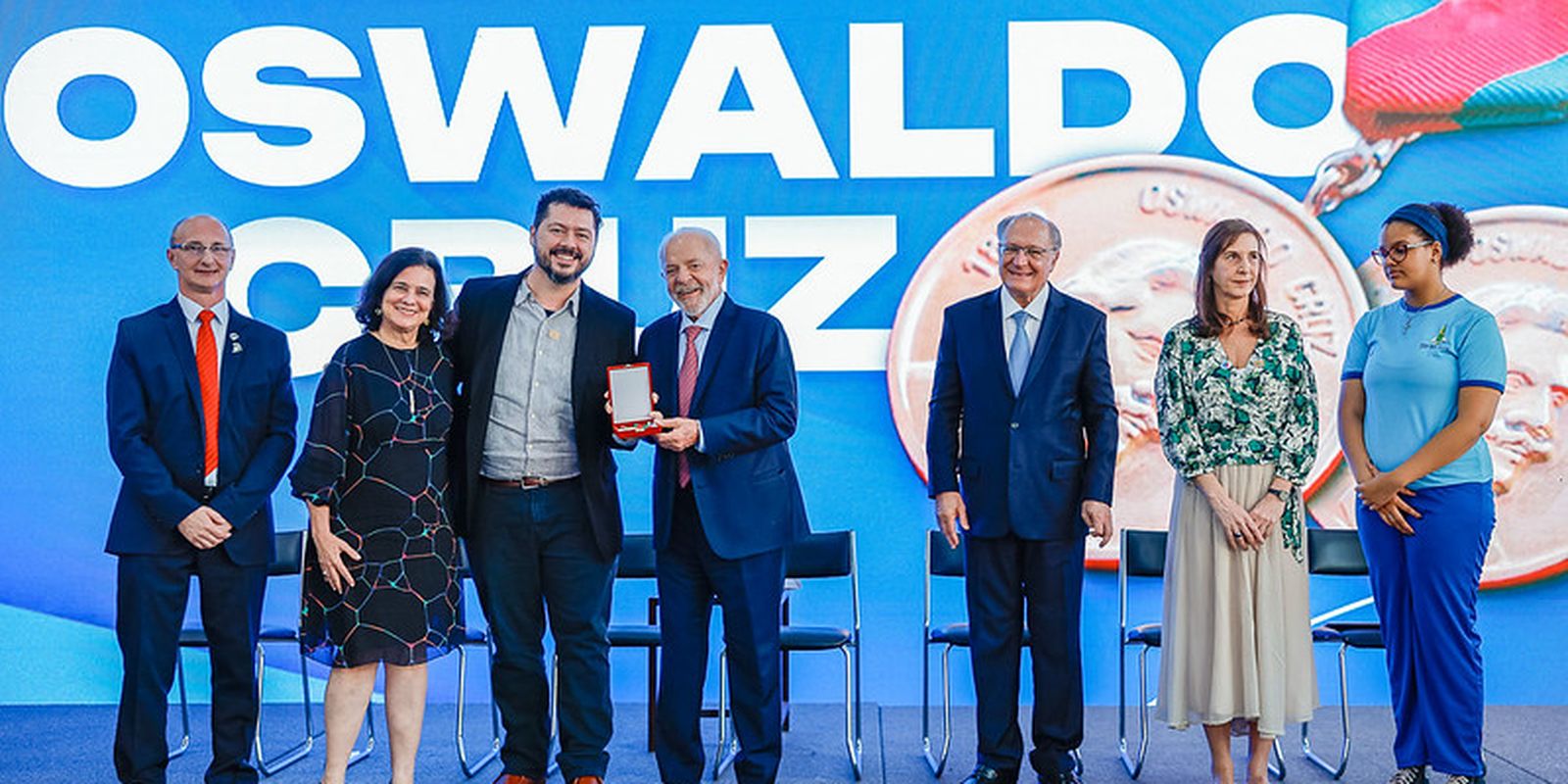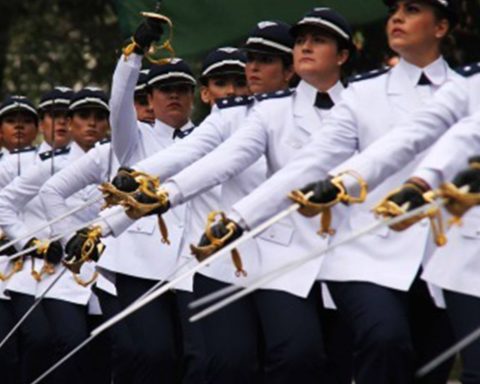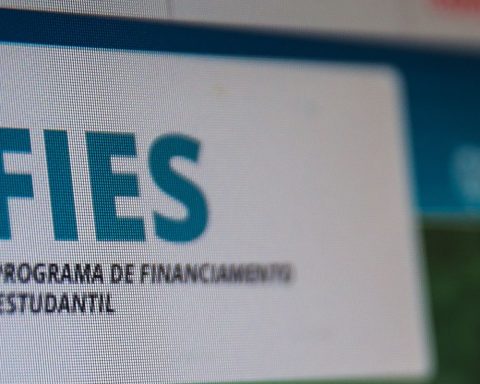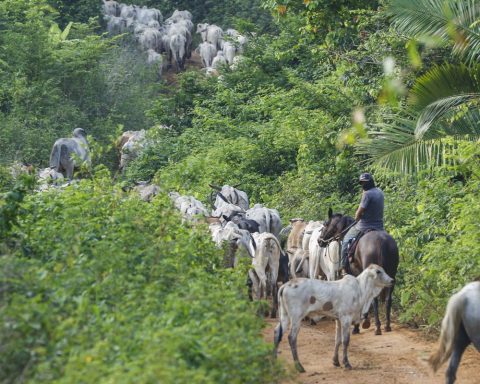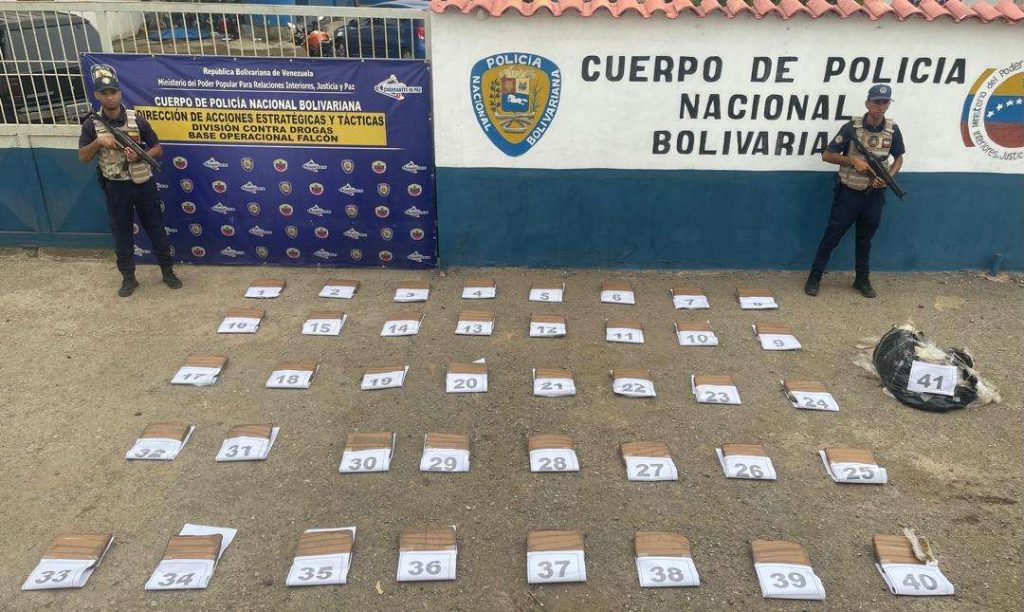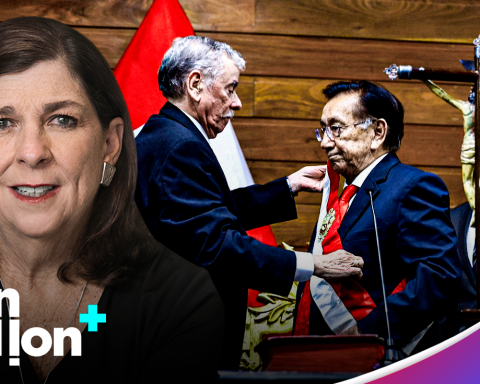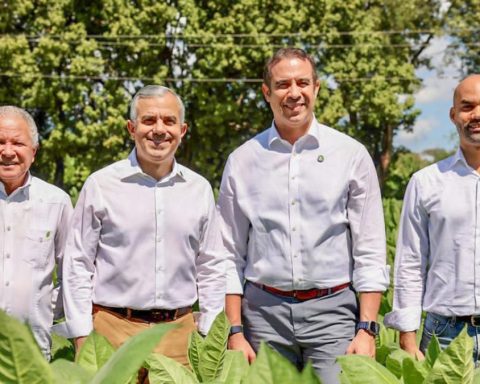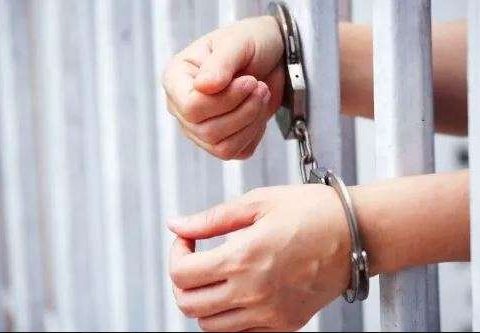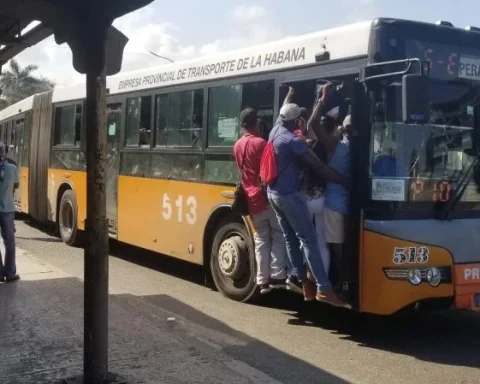President Luiz Inácio Lula da Silva and the Minister of Health, Nísia Trindade, awarded, this Wednesday (11), the Oswaldo Cruz medal of merit for health promotion to 22 people and ten institutions.
Created in the 1970s, the award recognizes individuals and initiatives that have contributed to the well-being and physical and mental health of Brazilians. Among those honored this year is biologist and researcher Átila Iamarino (pictured), a personality who became nationally known during the COVID-19 pandemic in 2020 as a disseminator of key information about the coronavirus. He ended up becoming a columnist for a major newspaper and a relevant digital influencer, accumulating millions of followers on social media.
At that time of health crisis, the country was simultaneously plunged into another epidemic: misinformation about Covid-19, denial about the vaccine, promotion of ineffective treatments and encouragement of crowds at a time that required maximum social isolation possible.
These speeches were voiced by high-ranking members of the government at the time, mainly by then-president Jair Bolsonaro. At the time, more than 700,000 people died as a result of the disease.
After four years, even with the pandemic under control after mass vaccination, Iamarino warns that the country still runs the risk of reliving the same deadly effect of fake newsin case of a new pandemic in the future.
“The misinformation is still there, and it is more organized, better funded and better supported to use social media to promote a lot of bad things. Not only [negação de] vaccines, but all kinds of climate, scientific, human rights misinformation,” he told Brazil Agency after the awards ceremony, at the Planalto Palace.
“Those who promoted misinformation about COVID-19 were not punished in any way. I can’t name a single person who was punished for anything they said that was anti-vaccine, anti-health, or anti-science. On the contrary. Many are elected and happily enjoying their rights. We have not learned a lesson from the pandemic to ensure that the same thing will not happen,” added the researcher.
In his speech after presenting the decorations, President Lula recalled the institutional support given by authorities to the denialist discourse.
“I honestly never thought I would live in a moment in Brazil’s history when the official language of the President of the Republic, of Health Ministers, of doctors with a mandate as a deputy, of public figures, had the nerve to invent so many lies against vaccination,” he said.
The Minister of Health celebrated the fact that the country had reversed the trend of reduced vaccination coverage seen in previous years. “We were able to reverse the downward trend in 13 of the 16 vaccines in the childhood calendar. It was this effort that allowed Brazil to leave the ranking of the 20 countries with the most unvaccinated children. We can never keep these statistics up. None of this would have been possible without the contribution of so many people and institutions. This is what gives meaning to the Oswaldo Cruz medal today,” she noted.
Thematic edition
In this year’s edition, the Oswaldo Cruz Medal of Merit focused on promoting vaccination. Among the honorees is First Lady Janja Lula da Silva, who has been active in the National Vaccination Movement, alongside TV presenter Xuxa Meneghel.
The president of the Oswaldo Cruz Foundation (Fiocruz), Mário Moreira, and the director of the Butantan Institute, Esper Kallás, were also honored. The institutes were responsible for producing two of the main vaccines at the height of the COVID-19 pandemic.
Businesswoman Luiza Trajano, from Magazine Luiza, and Ivan Baron, a pedagogue, influencer and anti-ableist activist, were other honorees. Among the organizations are the Favelas News Agency (ANF), the Brazilian Association of Public Health (Abrasco) and the Brazilian Society of Immunizations.
>> Check out the list of authorities, personalities and institutions honored in the 2024 edition of the Oswaldo Cruz Medal of Merit:
Aparecida dos Santos Bezerra, nurse working in indigenous health and vaccinator at the Baía da Traição Base Center, Paraíba;
Atila Iamarino, biologist, PhD in microbiology and Brazilian researcher;
Cristiana Maria Toscano Soares, physician, deputy head of the Department of Public Health at the Federal University of Goiás (UFG) and member of the UFG Covid-19 Crisis Committee;
Daiane Garcia dos Santos, gymnast and ambassador of the National Vaccination Movement of the Ministry of Health;
Dorinaldo Barbosa Malafaia, federal deputy and coordinator of the Parliamentary Front in Defense of the Vaccine of the Chamber of Deputies;
Esper Georges Kallás, director of the Butantan Institute;
Fabio Baccheretti Vitor, president of the National Council of Health Secretaries – Conass and State Secretary of Health of Minas Gerais;
Fernando Zasso Pigatto, president of the National Health Council (CNS) and director of Health at the National Confederation of Residents’ Associations (Conam);
Francisco de Assis De Oliveira Costa, federal deputy and president of the Health Committee of the Chamber of Deputies;
Hisham Mohamad Hamida, president of the National Council of Municipal Health Secretaries (Conasems) and Municipal Health Secretary of Pirenópolis (GO);
Humberto Sérgio Costa Lima, Senator of the Republic and President of the Social Affairs Committee of the Federal Senate;
Ivan Baron, educator, influencer and anti-ableist activist from Rio Grande do Norte;
Jayme Martins de Oliveira Neto, titular judge of the Court of Justice of São Paulo (TJSP) and member of the Health Commission of the National Council of the Public Prosecutor’s Office (CNMP);
José Cassio de Moraes, doctor and professor at the Faculty of Medical Sciences of Santa Casa de São Paulo;
Luiza Helena Trajano Inácio Rodrigues, businesswoman;
Margareth Maria Pretti Dalcolmo, researcher and member of the National Academy of Medicine (ANM);
Maria da Graça Xuxa Meneghel, actress, presenter, singer, businesswoman and ambassador of the National Vaccination Movement of the Ministry of Health;
Mario Santos Moreira, president of the Oswaldo Cruz Foundation (Fiocruz);
Meiruze Sousa Freitas, pharmacist and director of the Second Directorate of the National Health Surveillance Agency (Anvisa);
Renato Kfouri, vice-president of the Brazilian Society of Immunizations (SBIm) and president of the Immunization Department of the Brazilian Society of Pediatrics (SBP)
Rosângela Lula da Silva, First Lady of Brazil;
Rosileia Maria de Souza, president of the Lagoinha Quilombo Association, in the municipality of Gentio do Ouro, Bahia; and
Sirlene de Fátima Pereira, nurse working in the National Immunization Program of the Health and Environmental Surveillance Secretariat of the Ministry of Health.
Favelas News Agency (ANF);
Brazilian Association of Public Health (Abrasco);
Brazilian Nursing Association (ABEn);
National Confederation of Community Health Agents (Conacs);
United Nations Children’s Fund (UNICEF);
Everyone for Health Institute (ITpS);
Pan American Health Organization (PAHO);
Rotary Clubs;
Brazilian Society of Pediatrics (SBP);
Brazilian Society of Immunizations (SBIm).
